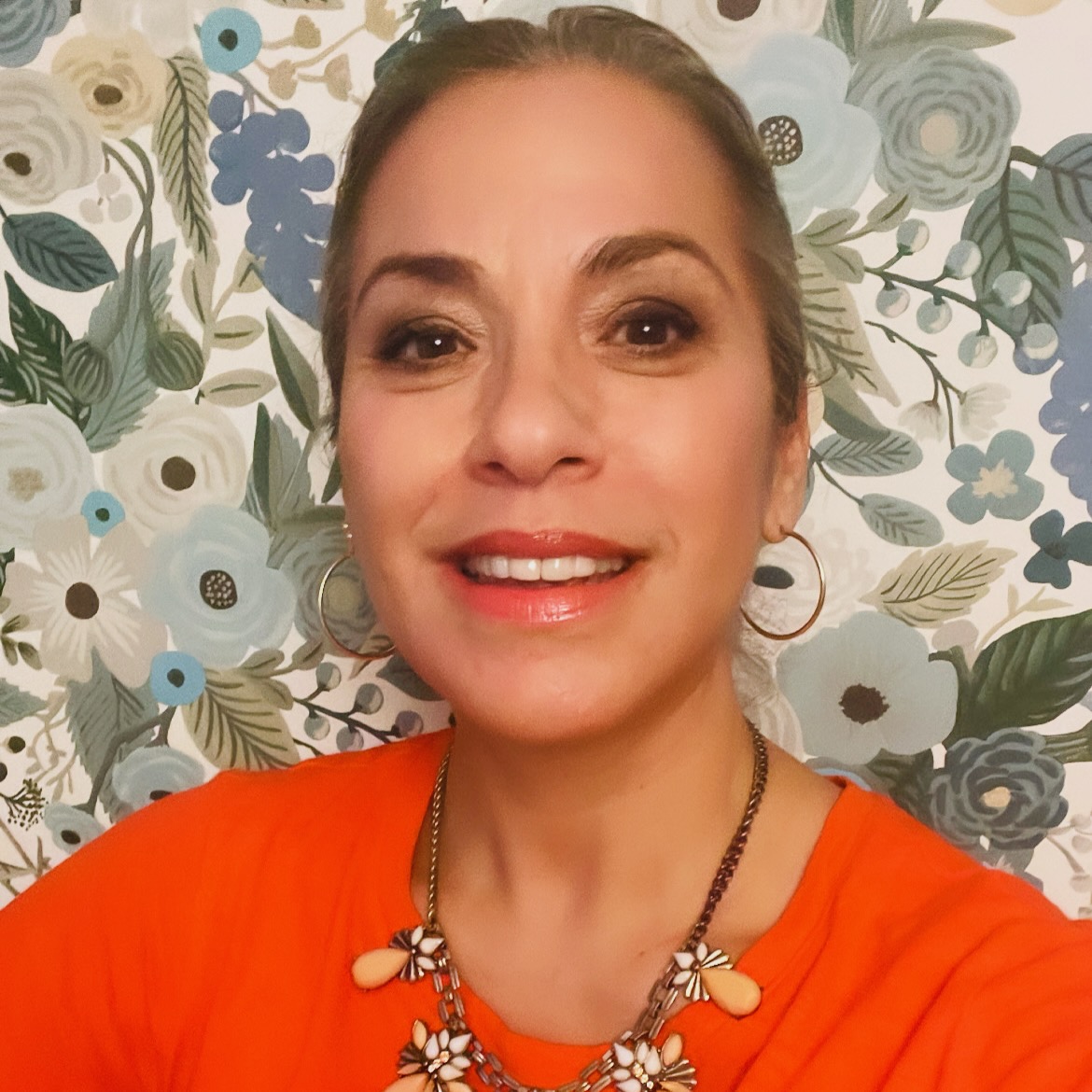The field of dietetics is either getting trickier or simpler by the minute, depending on how you look at it. The profession itself includes the word “diet,” but many Registered Dietitians are trying to promote overall health versus a focus on the number on a scale, taking into account the true definition of diet is merely the types of food that an individual regularly consumes and not meant to denote a restriction of calories.
Yes, there are benefits of managing one’s weight. During my schooling, we learned of certain increased risks for people with a high body mass index (BMI) and/or a specific waist-to-hip circumference; but, we also learned that every body is different and many people can be healthy at any size.
When meeting with clients looking to lose weight, the first thing I ask is, “Why?” Sometimes, it’s about body image, sometimes, it’s about managing a health condition where weight loss may benefit them; but, more often than not, it’s about establishing healthier eating and other lifestyle habits, like home-cooking or exercising or wanting to include vegetables in as many meals as possible. In my practice, when I work with clients like this, I always encourage them to continue eating whatever makes them happy and to also focus on foods that will give them the most nutrient-dense, health-supportive bang for their buck.
While some of my clients enjoy tracking food and calories to be sure they’re getting an overall variety of foods throughout the day and adhering to a specific daily caloric requirement (based on their height, weight, and physical activity level), they know there’s no pressure to be “perfect” in their eating habits. We discuss moving away from depriving themselves of foods they enjoy and stop using words like “good/bad” or “clean/dirty” regardless of what they’re eating. In fact, in a recent study, it was found that all foods serve a purpose, be it providing enjoyment, energy, or something in between.1 On a related note, we continue to gain more information of the relationships between certain foods and their health benefits, like dietary fats, which help migrate us into realizing that all foods really do fit.
What a Registered Dietitian eats.
Unless there is a clinical condition where certain foods may exacerbate certain symptoms or do further harm (e.g., diabetes, kidney diseases), we should ease off restricting our diets; that is, the foods we eat regularly. If you find yourself in a rut or obsessing about being “perfect” in your eating habits or otherwise, or generally want to incorporate healthier habits in your lifestyle, I encourage you to work with a Registered Dietitian and other health provider or counselor, if needed, to help rearrange—not change—your habits in a way that supports your overall health and wellbeing.
Consider the following:
- The scale is one of many numbers. Depending on fluid shifts (water retention after eating an overly salty meal, for example), body fat percentage, and muscle mass, that number you see in front of you can vary greatly day by day. There can be two people with the same weight whose overall body composition is much different from each other, so try not to be too influenced by your scale.
- Focus on progress, not perfection. If you’re starting out learning new habits of any kind, be patient with yourself. Set small daily or weekly goals and celebrate the little victories to keep you motivated. The overall balance and variety of your habits have to be realistic for you in order to lead to long-term results.
- Dig deep or learn to let go. What’s really motivating you? If that number on the scale elates or depresses you, find out why. Same thing with calorie counting. Specific numbers can sometimes feel restrictive whereas healthy behaviors can be liberating.
References:
- Linardon, J. & Mitchell, S. (2017). Rigid dietary control, flexible dietary control, and intuitive eating: Evidence for their differential relationship to disordered eating and body image concerns. Eating Behaviors, 26: 16–22.



0 Comments